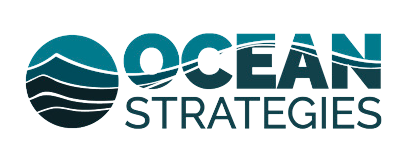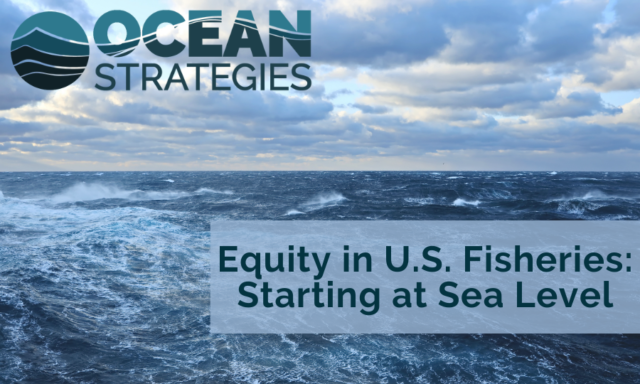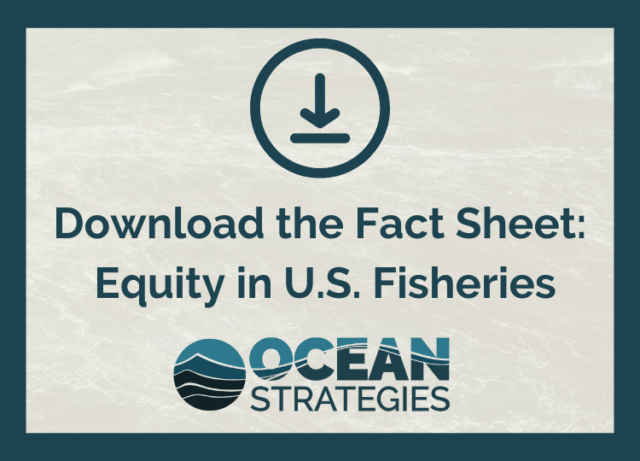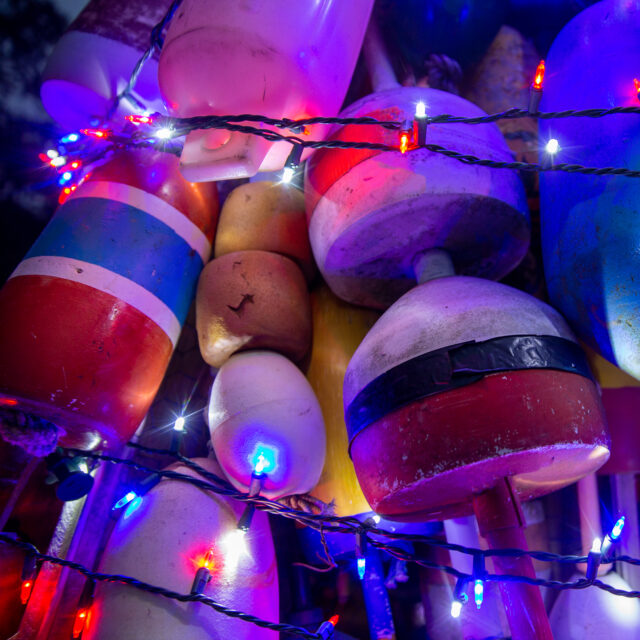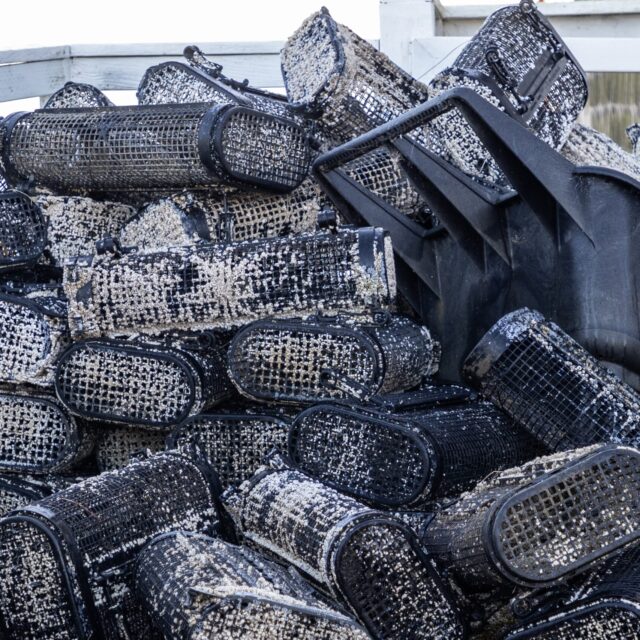For more information on equity issues in U.S. fisheries, download the fact sheet: Equity in U.S. Fisheries
Where we are coming from
Here at Ocean Strategies, most of us are harvesters. Fishermen. Food providers. Some of us are women who want to be called fishermen, and we recognize that others may prefer to be called fisherfolk.
Our team includes people from generational fishing families, those new to fishing, and some who simply love the ocean and this industry.
We know that even the most robust, community-based fisheries aren’t perfect. Sometimes that imperfection shows up as inequity between people — in access, opportunity or experience. And we relate to all parts of that tension.
In certain instances, women on our team have not had the same opportunities as male colleagues. We’ve been witnesses to fishing communities that change fundamentally when outcomes favor one group of people over another. And we also recognize that some of us are the recipients of privilege, advancing with a fishery, and benefiting from decisions or systems that did not value all voices and perspectives.
We also know that commercial fishing communities are used to hard conversations. The boldness goes hand in hand with the kind of work that thrives or founders at the whims of nature.
When the Ocean Strategies team started our research into equity in the domestic commercial fishing industry, each of us had some experience or knowledge as a minority in the industry. However, our expertise is primarily in commercial fishing rather than in justice, equity, diversity and inclusion. Our research partners helped us build a framework to analyze the industry through an equity lens to more substantively understand the greatest challenges and threats facing the future of fishing and ocean-dependent communities.
Our mission in this work is to open the door to more conversations and actions that expand the commercial fishing workforce, diversify the industry and the beneficiaries of its success, and lay the groundwork for policies that can help commercial fishing fleets and communities thrive.
And this is just the beginning.
We are committed to fostering and supporting an open and honest dialogue that will ensure sustainable, equitable and accessible fisheries for generations to come.
What we have learned
We have only started to scratch the surface, exploring research on the inequities threatening the future of sustainable, equitable and accessible fisheries.
Our research has uncovered a few key things worth sharing and noting – both as information for others and as conversation starters for ourselves and those working in this space.
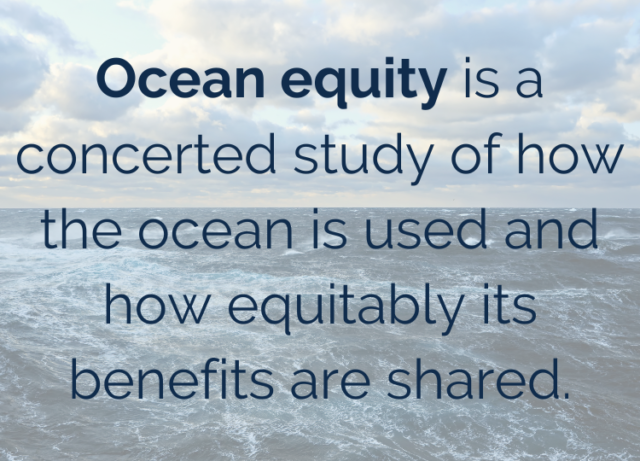
With the ocean increasingly viewed as a frontier for economic development, equity concerns are also growing. Equity implications for small-scale fishermen, Indigenous peoples, women, and other minority groups demonstrate disproportionate harm and inequitable distribution of benefits across global fisheries. The industrialization and globalization of fisheries have resulted in management practices that prioritize economic profit over traditional livelihoods and cultures, and climate change increasingly impacts communities disproportionately.
Three aspects of equity are critical in efforts to right-set the future of fisheries. As we assess that future through the following lenses, it’s equally important to apply them to history’s inequities and their outcomes.
- We must understand and recognize whose voice matters (known as recognitional equity) acknowledging and respecting identities, histories, values, and knowledge systems.
- We have to assess who is involved in the decision making process (procedural equity). All relevant actors should be included and ensured the opportunity to effectively participate in the rule and decision-making process for conservation policies and programs.
- Last but certainly not least, it may all come down to who wins and who loses (distributional equity). The distribution of benefits, rights, costs, responsibilities, and risks between different groups, including current and future generations, has to be fair (which may not always mean equal for all parties).
There are 10 (!) primary ocean inequities that are common and have influenced the ways in which fisheries and communities have developed. While this is not a comprehensive list, it does capture the inequities we have experienced and seen personally. The list includes:
1) people losing access to the ocean who have historically had it
2) environmental justice concerns from things such as pollution
3) degradation of the ocean and fisheries
4) livelihood impacts for small-scale fishermen
5) lost access to fisheries and other resources that provide food security
6) inequitable distribution of economic benefits
7) social and cultural impacts,
8) marginalization of women,
9) human and Indigenous rights abuses, and
10) communities excluded from decision making processes
As we deepen our understanding of these inequities, we will learn more about how they affect different people and communities, as well as how multiple inequities may exist between different cultures and across fisheries.
Next steps
Looking for more? There are many ways to begin to address inequity. Here are few quick suggestions to serve as a starting place.
- Support those engaged in sustaining and supporting equitable and accessible fisheries such as Coastal Communities Consulting or Alaska Marine Conservation Council. Both are non-profits actively supporting diverse ocean-dependent communities in Louisiana and Alaska.
- We also encourage all industry stakeholders to offer feedback on NOAA’s Draft Equity and Environmental Justice Strategy. The comment period closes August 31, 2022.
- Follow Ocean Strategies for more updates:
- Check out our Ocean Pulse blog
- Follow us on LinkedIn
- Subscribe to our quarterly Fisheries Policy Reports
- Spend time assessing the inequities in your fishery. How are you impacted by the inequities listed above? How are others impacted?
